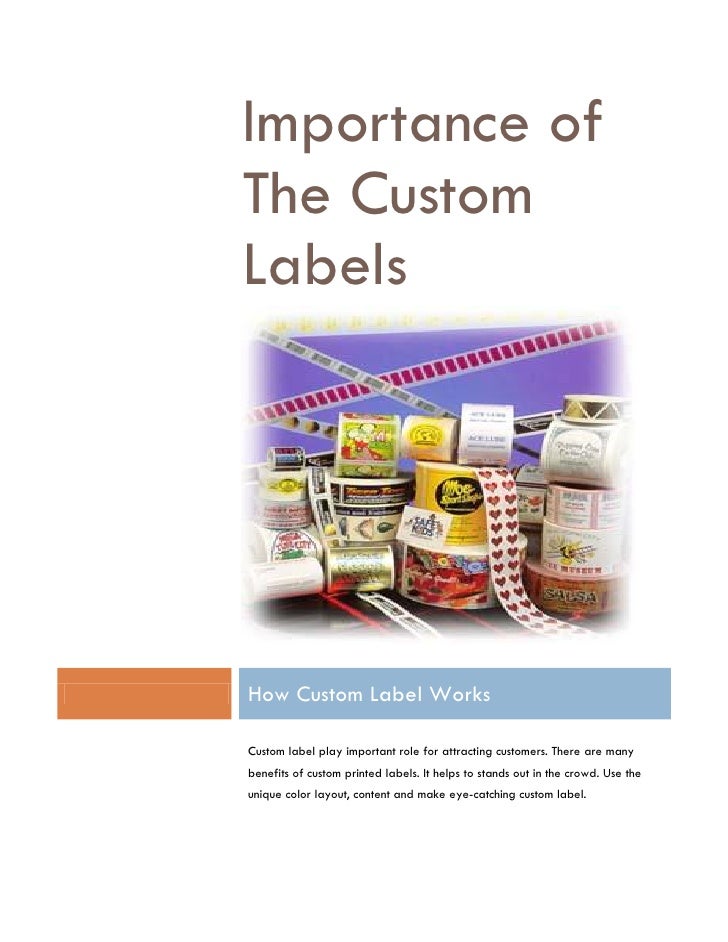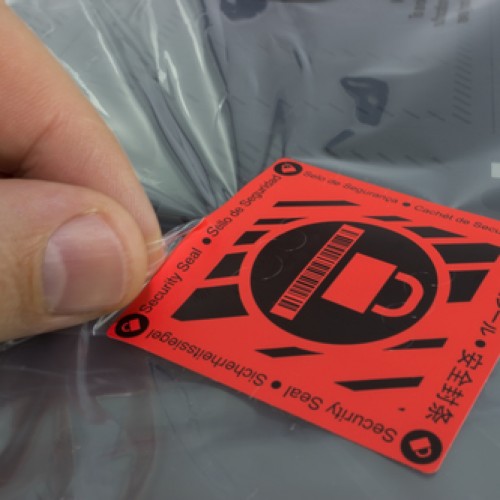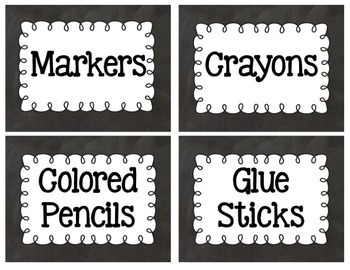45 how indie labels work
Top 10 Independent Pop Record Labels - LiveAbout Record labels are responsible for the manufacture, distribution, and promotion of a particular recording. The major record labels, large mulit-national corporate conglomerations, control a majority of music sales around the world. However, some of the most innovative music is released by independent record labels. Here are the top 10 to know. How Do Record Labels Make Money? We Reveal All Indie labels need to find tangible ways to make money, so they'll often act as an artist's booking agent. This tends to benefit everyone, as it takes the pressure off the artist, and booking agents/labels tend to have better luck booking gigs than DIY artists. Generally speaking, booking agents take no more than 15% of the gross income on a show.
How Indie Record Labels Work - The Balance Careers Indie labels have more freedom to pick and choose which artists they sign. If they decide to sign with you, it's because they like your music and your taste. They are less likely to insist on changes to your sound or image than major companies. That means you will have more creative control with an indie label than with one of the Big Three.

How indie labels work
How Independent Record Labels Make Money in 2022 Music publishing and licensing is an increasingly important revenue stream for independent labels and artists. Publishing refers to the ownership of songs and compositions, while licensing makes your music available for sync deals with visual media, including adverts, games, TV shows and movies. Independent record label - Wikipedia An independent record label (or indie label) is a record label that operates without the funding or distribution of major record labels; they are a type of small- to medium-sized enterprise, or SME.The labels and artists are often represented by trade associations in their country or region, which in turn are represented by the international trade body, the Worldwide Independent Network (WIN). Record Labels: Major vs. Indie - XNilo Records The term 'Indie Label' can be a bit misleading these days, due to the fact that some large Indie labels are actually distributed by Major Labels. Nevertheless, a 'true' Indie Label means they are independent from any Major Label. Now, there are numerous amounts of Indie labels; all varying in methods and genres and experience levels ...
How indie labels work. How To Start A Record Label - Мusic Gateway The BPI tend to represent the major labels, and AIM represents the indie labels. As an indie label you can join both, however. Joining these trade bodies can be hugely beneficial to any new label. First of all, you get access to free events so you can learn more about the industry. ... This will take some work but a lot of record labels spend ... Indie Labels vs Major Labels: Differences & Which is Right For You While major labels operate on an international scale, with their own distribution and publishing departments, indie labels normally enlist third-party companies to provide their global distribution and publishing services. Top Record Labels Many of your favourite artists have released music through independent labels. How Indie Record Labels Work (In 3 Minutes) - YouTube #RecordLabels #MusicBusiness #LiveStreamClipHow Indie Record Labels Work (In 3 Minutes)How Independent labels work in 3 minutesHow Indie Record Labels Work (... The Indie label v The Major labels, pros and cons! - Medium Indies don't have the purchasing power of major labels, and with a small roster, they have fewer strings to pull with the media. Also, the smaller the label, the less influence, and power within...
The Greatest Indie Labels Of All Time History: Rough Trade has grown from a small west London record shop into one of Britain's most beloved independent labels. The early years were marked by releases from Pere Ubu and Subway Sect but... The Indie Musician's Guide To Digital Distribution - Budi Voogt In 2013, IFPI reported that now a whopping 35% of the global music industry's revenue is coming from digital channels. 20% of that is coming from subscription based streaming services. In Europe, streaming services even account for 31% of total industry revenue. Now this is something all you independent artists and labels already know. Pros and Cons of Indie Record Labels You Need to Know Thumbs Up (The Pros) Close Relationships Due to the small size of an indie label, it makes all the experiences more personal. Indie labels work closely with their artists at every step of the journey, from mentoring to skillbuilding. When you have a close knit team on call, it can make the creative process more streamlined. 33 Independent Record Labels You Should Know | Complex Since 1998, Ann Arbor, Michigan label Ghostly International has been responsible for some of the best electronic music North America has to offer. Built off the back of Detroit techno, the label...
10 Indie Music Labels You Should Know Epitaph Records has been around since the early 90's and is one of the most popular indie-rock record labels in the world. Their talent roster extends far beyond indie-rock nowadays and they have created a name as one of the most influential labels in Los Angeles today. Check them out below. 2798 Sunset Blvd., Los Angeles CA, 90026 Independent Record Labels UK | How Indie Labels Work Most labels will expect the basics such as the following if asked: A press pack A background to the act Demo CDs Merchandise Social Media fan base Website An income stream Independent record labels UK If you've got of all these things sorted and they're successful then the next move would be to send your demos to UK independent record labels. Music Moguls vs. The Indies - How Record Labels Work | HowStuffWorks In this way, independent labels succeed by bringing music to consumers that the major record labels don't release. The Internet has also done a lot to promote the success of independent record labels. If they have trouble getting retail stores to carry their product, indies can sell albums over the Internet. Being an Independent Artist vs. Signing to a Record Label Each has its advantages and disadvantages. Artists who want to retain the master rights, keep 100% of the profits, have complete creative control, and are music business savvy may consider going independent. Artists who want more freedom to work on music, don't mind fewer profits, and want more exposure may consider signing with a record label.
How Do Record Labels Work & How Do They Make Money? A majority of indie labels let their artists own their music after a determined amount of time. Disadvantages Although you are more likely to creatively express yourself with an independent label, you may not have the resources to. Smaller companies mean smaller budgets which can increase restrictions for your career.
How to run a small independent record label - NME in between scouting new acts to sign, overseeing physical manufacturing, tending to social media, plugging tracks to radio stations, arranging press with music publications, aiding artists'...
How and Why Major and Independent Labels Work Together Independent labels affiliate with majors to increase their artists' exposure in commercial media and to expand their distribution networks by increasing their access to major retail record chain stores and rack jobbers. Affiliating with a major label can maximize the likelihood of the independent getting paid for records sold.
The Pros and Cons of Independent Record Label Deals While major labels are global and operate their own publishing and distribution companies, indie labels work with other smaller companies, either in long-term partnerships or in smaller contractual relationships for their distribution and publishing needs. The Indie Niche
Music Publishing Tips | How Labels Handle Their Publishing Here is a simple way of looking at it: Record labels represent specific recordings of songs by artists they have signed. A publisher is responsible for all recordings of a song, including covers by other artists that are released in physical or streaming formats, by their client writers. A single composition can be used in multiple recordings ...
All You Need to Know About Record Label A&R - SmartistU Record Labels and A&R. In short, record labels are in the business of creating and selling recordings. Record labels work directly with artists and producers to coordinate the writing and production of the recordings, and then coordinate the manufacturing, distribution, marketing, promotion of the recording to ensure it sells around the world.
Indie vs. Major Record Labels: Which is Right for You? Also, indie labels work with other smaller companies for distribution and publishing. Many consider boutique and indie labels as artist-friendly. They also offer many other benefits that may be more important to the artist. However, they don't have the funding for artists that major labels can provide. Indie vs. Major Record Labels
The Best Indie Record Labels Of All Time: 20 Imprints That Changed The ... Originally, however, "indie" was a significantly more potent abbreviation: a diminutive of "independent," referring to the myriad self-financed, yet influential record labels founded by maverick...
Record label - Wikipedia Major versus independent record labels. Record labels may be small, localized and "independent" ("indie"), or they may be part of a large international media group, or somewhere in between.The Association of Independent Music (AIM) defines a 'major' as "a multinational company which (together with the companies in its group) has more than 5% of the world market(s) for the sale of records or ...
A Universal Problem: How do Philly indie labels keep their work secure ... The 2008 fire at the Universal Music Group's LA warehouse that destroyed precious, rare master tapes and demos from the world's best known and beloved artists still has no exact tally, beyond heartbreak and loss. And lawsuits. Still being added-up and reported - the fire's initial damages weren't readily relayed to the artists or estates, […]
Record Labels: Major vs. Indie - XNilo Records The term 'Indie Label' can be a bit misleading these days, due to the fact that some large Indie labels are actually distributed by Major Labels. Nevertheless, a 'true' Indie Label means they are independent from any Major Label. Now, there are numerous amounts of Indie labels; all varying in methods and genres and experience levels ...
Independent record label - Wikipedia An independent record label (or indie label) is a record label that operates without the funding or distribution of major record labels; they are a type of small- to medium-sized enterprise, or SME.The labels and artists are often represented by trade associations in their country or region, which in turn are represented by the international trade body, the Worldwide Independent Network (WIN).
How Independent Record Labels Make Money in 2022 Music publishing and licensing is an increasingly important revenue stream for independent labels and artists. Publishing refers to the ownership of songs and compositions, while licensing makes your music available for sync deals with visual media, including adverts, games, TV shows and movies.















Post a Comment for "45 how indie labels work"